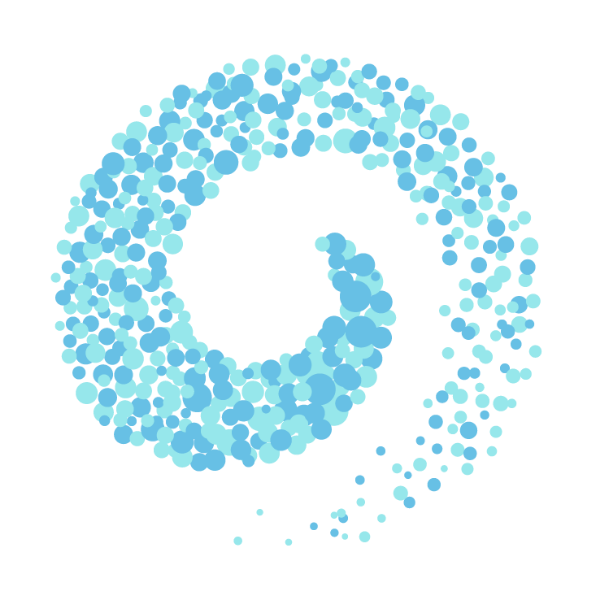
Like all fast-growing nations, China must balance economic boom with protecting human and planetary health. Ma Jun saw first-hand the impact of air and water pollution on human and planetary health when he worked for the media. Understanding that to fight pollution you first have to measure it, he founded the Blue Map App.
Blue Map App is China’s first public environmental database, giving citizens the opportunity to use real time data to advocate for change in their communities. Users can check local air and water quality and get real-time pollution data from more than 40,000 factories.
Tens of thousands of “micro-reporting” has been filed by Blue Map App users against polluting factories and thousands of some of the largest emitters in China have been motivated to openly address their violation records.
With 10 million downloads, Blue Map’s network of concerned citizens becomes part of the multi-stakeholder initiative that is changing China’s cities. Beijing shows the difference it can make. The capital is now making progress, dropping from the 200 most polluted cities in the world while continuing to strengthen its economy.
Blue Map App demonstrates the power of transparency and accountability. It also teaches the world a lesson — that clever innovation, combined with public participation, is a recipe for progress.
After being named an Earthshot Prize 2021 Finalist, Ma Jun’s organization, the Institute of Public and Environmental Affairs, wants to use Blue Map App to empower synergized air pollution and carbon emission reduction in China and globally.
A Blue Map for Zero Carbon helps visualize carbon emission and energy consumption for major provinces and cities. Jun and his colleagues are planning for a global map that will allow users to check air quality and track corporate emission in different parts of the world to prevent the migration of pollution.
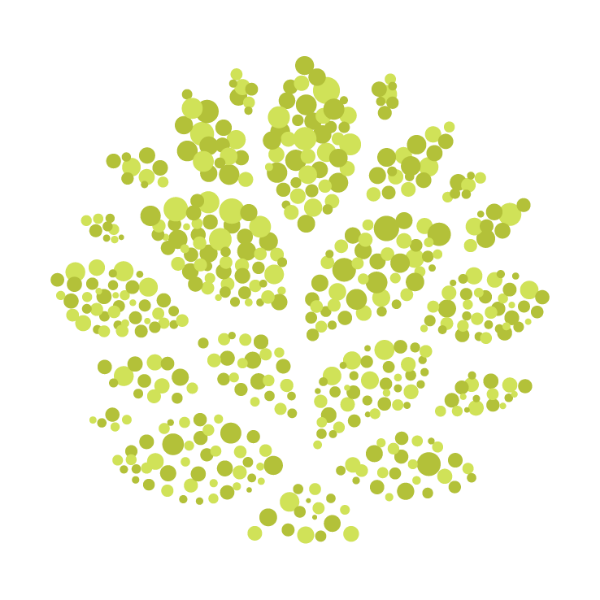
By 2030, we choose to ensure that, for the first time in human history, the natural world is growing – not shrinking – on our planet.
This Earthshot focuses on three main areas of interest:

By 2030 we choose to ensure that everyone in the world breathes clean, healthy air – at World Health Organization standard or better.
This Earthshot focuses on three main areas of interest:
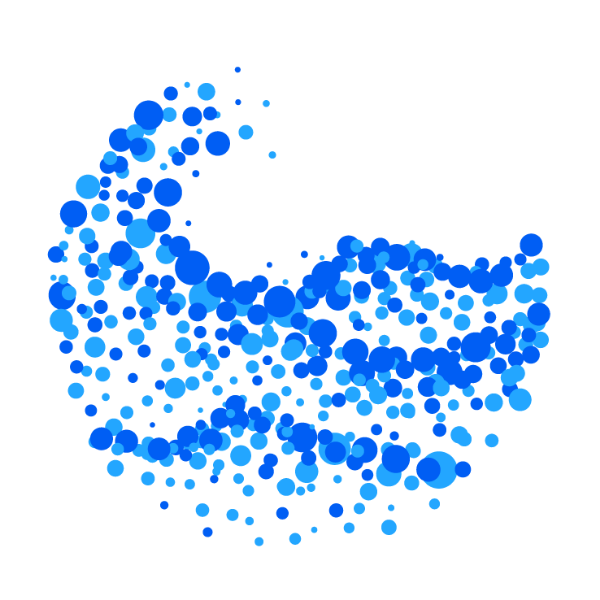
By 2030, we choose to repair and preserve our oceans for future generations.
This Earthshot focuses on three main areas of interest:
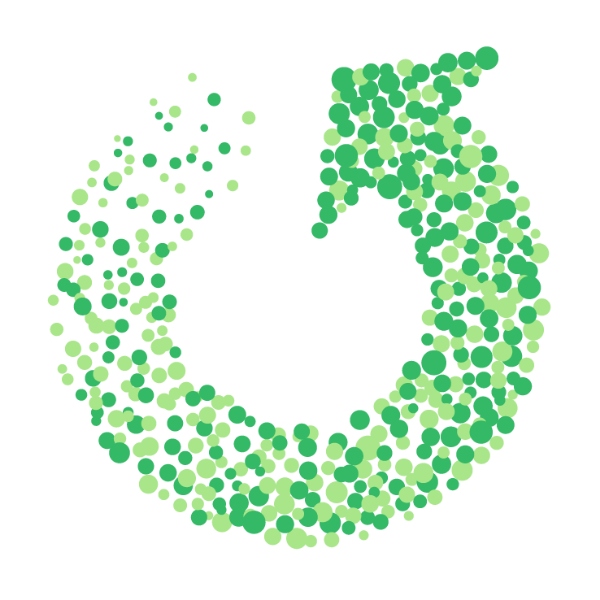
By 2030, we choose to build a world where nothing goes to waste, where the leftovers of one process become the raw materials of the next – just like they do in nature.
This Earthshot focuses on three main areas of interest:
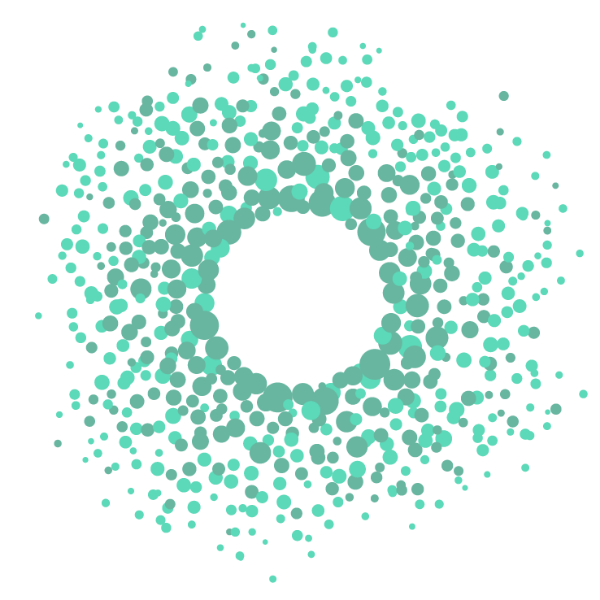
We choose to fix the world’s climate by cutting out carbon: building a carbon neutral economy that lets every culture, community and country thrive.
This Earthshot focuses on three main areas of interest: